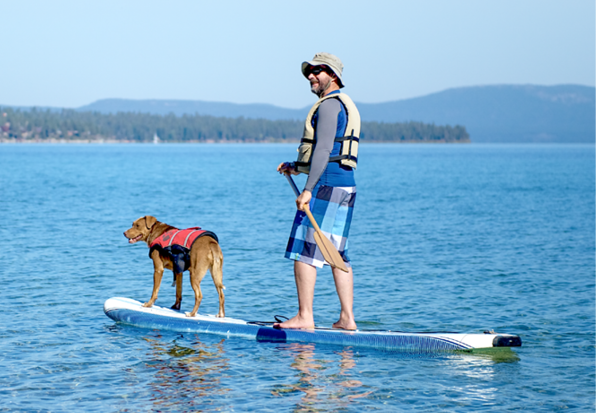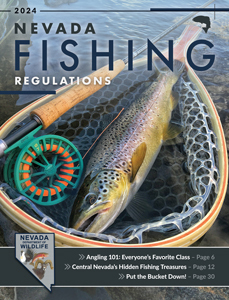Boating Safety & Critical Equipment
Don’t Leave Home Without It!
Life Jackets
One correctly sized USCG approved life jacket is required by law for each person on board. Children under the age of 13-years-old must wear it. (Refer to NRS 488.193 and 488.575)
Throwable Flotation Aid
Any boat 16 feet or longer must carry a type IV throwable cushion or ring. (Refer to NAC 488.415)
Fire Extinguisher
Most boats are required to carry at least one fire extinguisher. Boats larger than 26 feet are required to carry two or even three fire extinguishers. (Refer to NAC 488.415)
Engine Cut-Off Switch
An engine cut-off switch or kill switch, is a safety device used to stop the boats engines should the driver unexpectedly fall overboard. Now required to be worn on any vessel with one while underway. (Refer to NRS 488.585)
Water Ski and Dive Flags
If you ski or dive you need to display the appropriate signal flag. (Refer to NRS 488.310 and NRS 488.570)
Sound Producing Device
All boats must carry a horn, whistle or other sound producing device. (Refer to USCG Rule 33)
Visual Distress Signals
Though not required, signal flares and flags can attract attention if the need arises. (Refer to USCG Rule 37)
Follow the Boating Safety Seven
If you remember nothing else about boating rules, remember the Boating Safety Seven. Boating can be a fun activity for the entire family, but you should go boating with safety in mind to make sure your great day on the water doesn’t turn sour. NDOW reminds you to have a good time, and be safe...it just makes sense.
- Wear your life jacket
- Take a boating education course (Visit ndow.org to learn more)
- Carry all your required safety gear
- Know your boat and its limitations
- Follow the boating “rules of the road”
- Be aware of weather and water conditions
- Boat sober and be considerate of other boaters


